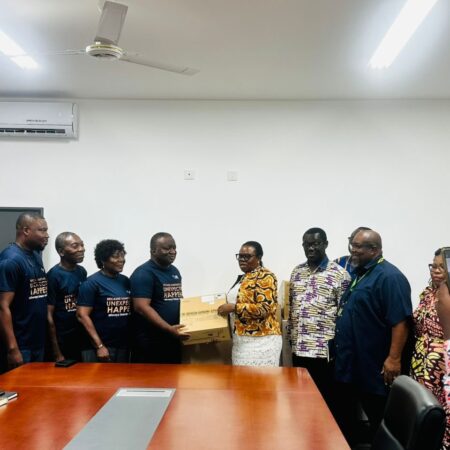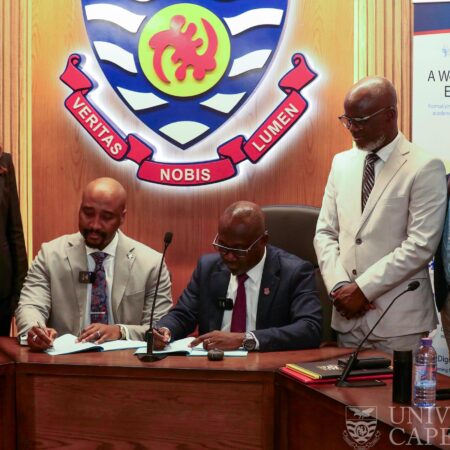Ghanaian movie star Van Vicker has stirred social media buzz after hailing President John Dramani Mahama for the recent appreciation of the Ghana cedi against the US dollar, crediting him with helping to stabilise the economy.
In a witty and relatable Facebook post, the actor lauded Mahama for what he called a “remarkable” rebound of the cedi, which has surged from an alarming GHC17 to around GHC10.30 per dollar, according to the Bank of Ghana’s rate as of Wednesday, May 28, 2025.
“Mr. President, I must congratulate you on the strengthening of the Ghana cedis on the world market, ayekoo,” he wrote. “I no no weytin you do or weytin you dey do, but I beg, dey fire dat tin noo. I like am.”
But Vicker’s recent praise is particularly striking when placed against the backdrop of his political expressions during the first term of Mahama’s presidency. In 2015, the actor was among a wave of high-profile celebrities—led by Yvonne Nelson—who took to the streets to protest the government’s handling of Ghana’s debilitating power crisis, locally dubbed “Dumsor.”
He joined the now-famous #DumsorMustStop vigil in Accra, standing alongside fellow celebrities like Efya, D-Black, and others. At the time, Van Vicker was vocal about the impact of the energy crisis on businesses, homes, and the entertainment industry. His participation signaled a clear critique of Mahama’s governance and gave fuel to the opposition’s narrative that the administration had lost control of the economy.
Now, nearly a decade later, his public commendation of the same political figure raises important questions about civic maturity, objectivity, and the evolution of public opinion. In his Facebook post, Vicker acknowledged the various theories circulating about the cedi’s recovery — from improved fiscal discipline to global economic trends — but insisted that the results speak for themselves.
He also took a subtle swipe at some Ghanaians living abroad who bemoaned the rising cedi for reducing the value of remittances, calling such sentiments “narcissistic,” and encouraging Ghanaians to focus on the broader national good.
“This is not a political statement. It is an acknowledgement of a good job done so far. Call a spade a spade. Give credit to whom credit is due,” he wrote. He ended by humorously suggesting that if Mahama could return Ghana to its 2007 economic performance, “heerrrh like e go be kerker!”
Vicker’s evolving public posture reflects a maturing civic discourse where former critics can acknowledge progress without appearing inconsistent or partisan. It also speaks to the larger issue of how Ghanaian celebrities use their platforms to shape national conversations—sometimes in protest, other times in praise.
The post has since gone viral, resonating with many Ghanaians who appreciate his honesty and balanced tone. As Ghana prepares for its next election cycle, voices like Vicker’s may serve as a reminder that patriotism should transcend party lines, and that leaders—past or present—deserve credit where it is due.









